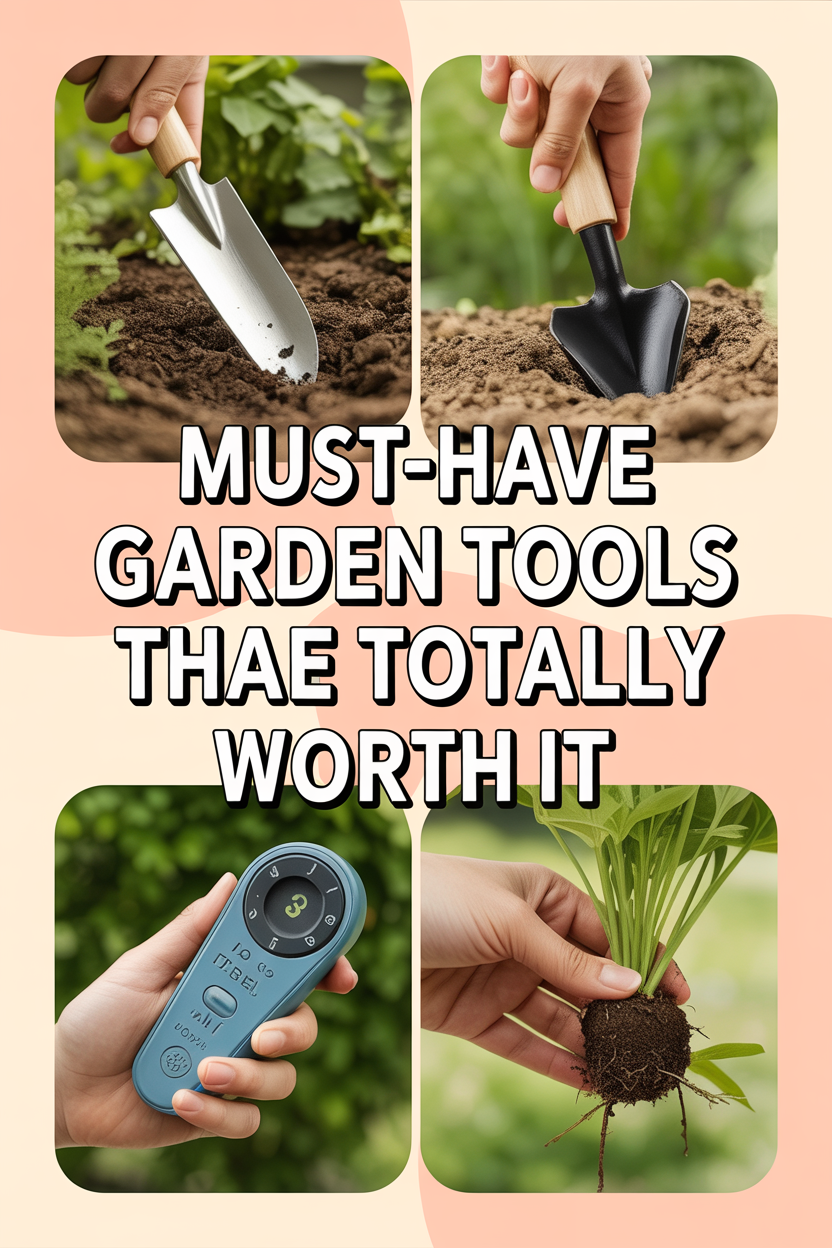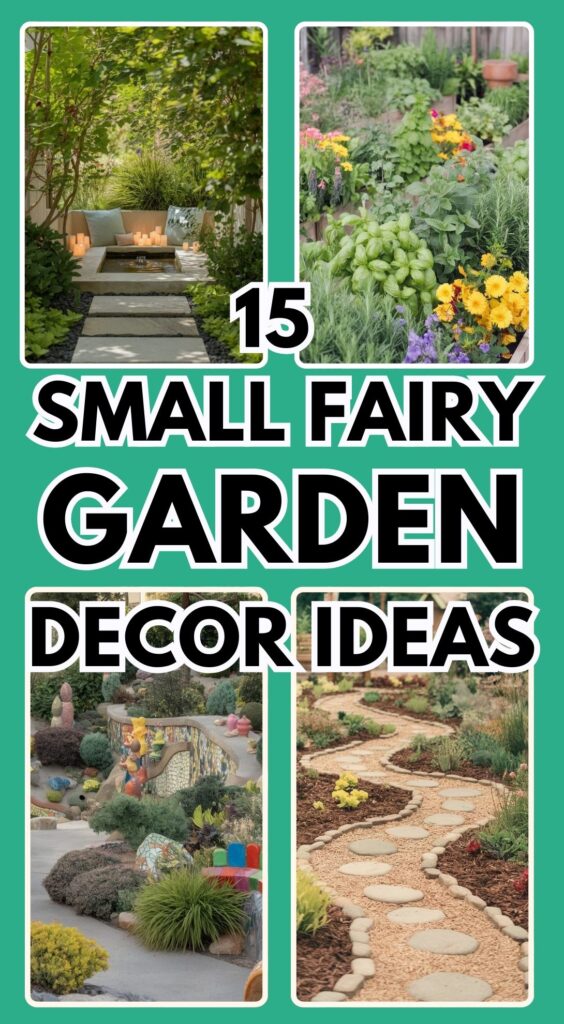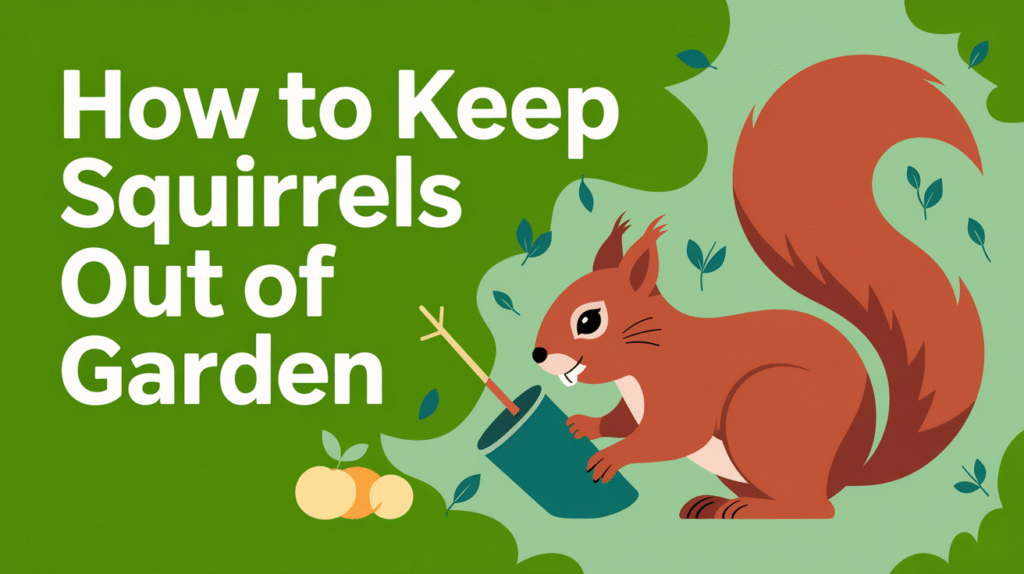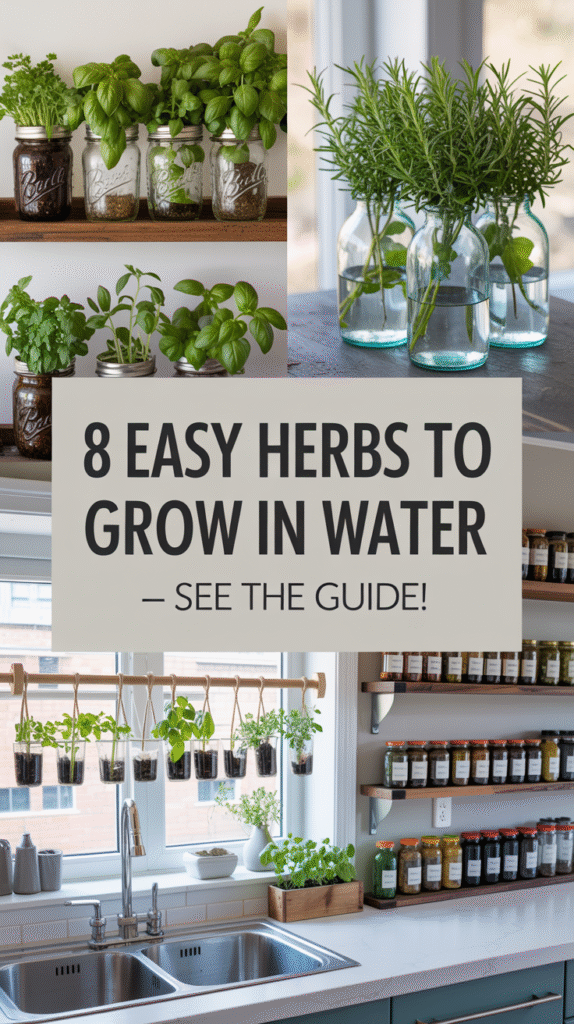Gardening is a rewarding endeavor that combines creativity, patience, and the right tools to transform a patch of earth into a thriving ecosystem. While traditional tools like shovels, hoes, and pruners are staples, some lesser-known, unusual garden tools can significantly enhance efficiency and results. These unique tools, often overlooked, offer innovative solutions to common gardening challenges. This article explores seven unusual garden tools that are totally worth it, providing detailed insights into their functionality, benefits, and how they can elevate your gardening experience.
7 Unusual Garden Tools That Are Totally Worth It
1. Hori Hori Knife
The Hori Hori knife, a Japanese-inspired tool, is a versatile hybrid of a knife and trowel. Its serrated and straight-edged blade, typically made of stainless steel, measures about 7 inches long and is mounted on a sturdy wooden or plastic handle.
- Functionality: Ideal for digging, weeding, planting, and harvesting. The serrated edge cuts through tough roots, while the straight edge slices through soil or harvests vegetables like carrots and potatoes. It often includes measurement markings for precise planting depths.
- Benefits: Combines multiple tools into one, reducing the need to switch between implements. Its durability ensures it can handle dense soil or clay.
- DIY Feasibility: Crafting a basic version is possible by forging a strong steel blade with one serrated edge and attaching it to a carved wooden handle. However, precision forging requires skill to ensure balance and durability.
2. Garden Dibber
A garden dibber is a pointed tool used to create precise holes for planting seeds, bulbs, or seedlings. Typically made of wood, metal, or plastic, it resembles a large, sturdy spike with a T-shaped handle for grip.
- Functionality: Ensures consistent planting depth and spacing, which is critical for seed germination and bulb growth. It’s especially useful for large-scale planting, such as rows of vegetables or flower bulbs.
- Benefits: Saves time compared to using a trowel and prevents over-digging, which can disrupt soil structure. Some models include depth markers for accuracy.
- DIY Feasibility: A simple dibber can be made by shaping a hardwood dowel into a pointed end with a lathe or carving knife and attaching a crossbar handle. Sanding ensures a smooth finish to prevent splinters.
3. Soil Moisture and pH Meter
This electronic device measures soil moisture, pH levels, and sometimes light intensity, typically featuring a probe that inserts into the soil and a digital or analog display.
- Functionality: Helps gardeners monitor soil conditions to optimize watering and soil amendments. Accurate pH readings ensure plants receive the right nutrients, as pH affects nutrient availability.
- Benefits: Prevents overwatering or underwatering and guides soil amendments for specific plants (e.g., acidic soil for blueberries). Portable and easy to use, it’s a game-changer for precision gardening.
- DIY Feasibility: Building a basic moisture meter requires a microcontroller, moisture sensor, and display, but pH measurement involves complex calibration. Hobbyists with electronics skills can assemble one using open-source designs, though commercial options are often more reliable.
4. Hand Weeder with Ergonomic Grip
A hand weeder is a specialized tool designed to remove weeds, including their roots, to prevent regrowth. Modern versions feature ergonomic grips and a forked end for leverage.
- Functionality: The forked end digs into the soil, grips the weed’s root, and pulls it out intact. Some models have a lever mechanism to reduce hand strain.
- Benefits: Eliminates weeds without chemicals, preserving soil health and nearby plants. Ergonomic designs reduce wrist fatigue during prolonged use.
- DIY Feasibility: A basic hand weeder can be crafted by forging a forked metal tip from steel and attaching it to a carved wooden handle with an ergonomic curve. Reinforcing the joint with epoxy ensures durability.
5. Seed Tape Dispenser
A seed tape dispenser is a device that dispenses biodegradable tape embedded with evenly spaced seeds, simplifying the planting process for small seeds like carrots or lettuce.
- Functionality: The dispenser lays down seed tape in rows, ensuring uniform spacing and depth. The tape dissolves naturally, leaving seeds in place to germinate.
- Benefits: Saves time, reduces seed waste, and ensures neat rows for better growth and easier harvesting. Ideal for beginner gardeners or those with limited dexterity.
- DIY Feasibility: Create seed tape by gluing seeds to strips of biodegradable paper (e.g., tissue paper) with a flour-water paste. A simple dispenser can be made from a small plastic container with a slotted lid to guide the tape.
6. Fruit Picker Basket
A fruit picker basket is a long pole with a basket-like attachment at the end, often lined with soft material to catch fruit without bruising.
- Functionality: Allows gardeners to harvest fruit from tall trees without ladders. The basket gently catches apples, pears, or citrus, and some models include a cutting mechanism to snip stems.
- Benefits: Reduces the risk of falling and minimizes fruit damage. Extends reach up to 10-15 feet, making it ideal for orchards or backyard trees.
- DIY Feasibility: Construct a basic version using a lightweight aluminum pole, a small wire basket, and a foam lining. Attach the basket with strong adhesive or bolts, ensuring it’s secure for repeated use.
7. Garden Sieve
A garden sieve is a mesh screen framed in wood or metal, used to sift soil, compost, or sand to remove debris and create a fine, uniform texture.
- Functionality: Separates rocks, roots, and clumps from soil or compost, ensuring a smooth planting medium. Available in various mesh sizes for different purposes.
- Benefits: Improves soil quality for seedbeds, enhances compost application, and creates fine potting mixes. Essential for high-quality garden beds.
- DIY Feasibility: Build a sieve by constructing a wooden frame (e.g., 2×2 feet) and attaching a wire mesh (available at hardware stores) with staples or nails. Vary mesh size based on desired fineness.
Key Facts
- Versatility: Tools like the Hori Hori knife and garden sieve serve multiple purposes, reducing the need for extensive toolkits.
- Time-Saving: Devices like the seed tape dispenser and garden dibber streamline repetitive tasks, making gardening more efficient.
- Ergonomics: Modern designs, such as ergonomic hand weeders, prioritize user comfort, reducing physical strain during long gardening sessions.
- Sustainability: Tools like hand weeders and fruit pickers promote eco-friendly practices by minimizing chemical use and waste.
- DIY Potential: Most of these tools can be crafted at home with basic materials and skills, offering cost-effective alternatives to commercial products.
FAQs
Q: Are these unusual garden tools suitable for beginners?
A: Yes, tools like the seed tape dispenser and garden dibber are beginner-friendly, simplifying tasks like planting and spacing. Others, like the Hori Hori knife, may require some practice for safe use.
Q: Can these tools be used in small gardens or container gardening?
A: Absolutely. Tools like the hand weeder, soil moisture meter, and garden sieve are ideal for small spaces or containers, where precision and soil quality are critical.
Q: How durable are DIY versions of these tools?
A: DIY tools can be durable if made with quality materials (e.g., hardwood, stainless steel) and proper construction techniques. However, they may not match the longevity of commercial tools designed for heavy use.
Q: Where can I find materials to make these tools?
A: Hardware stores, craft shops, and online retailers provide materials like wood, metal, wire mesh, and basic electronics. Repurposed items, such as old poles or containers, can also be used.
Q: Are these tools worth the investment for occasional gardeners?
A: Yes, especially tools like the soil moisture meter and hand weeder, which save time and improve results even for casual gardeners. DIY options further reduce costs.
Conclusion
The seven unusual garden tools highlighted in this article—Hori Hori knife, garden dibber, soil moisture and pH meter, hand weeder, seed tape dispenser, fruit picker basket, and garden sieve—are game-changers for gardeners seeking efficiency and precision. These tools, often underappreciated, address specific challenges with innovative designs, making them totally worth it for both novice and experienced gardeners. Whether you purchase them or craft your own, these tools can elevate your gardening game, save time, and enhance sustainability. By incorporating these unique implements into your routine, you’ll cultivate a thriving garden with less effort and greater satisfaction.








